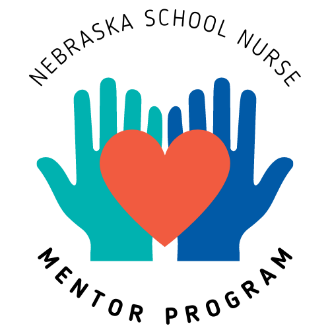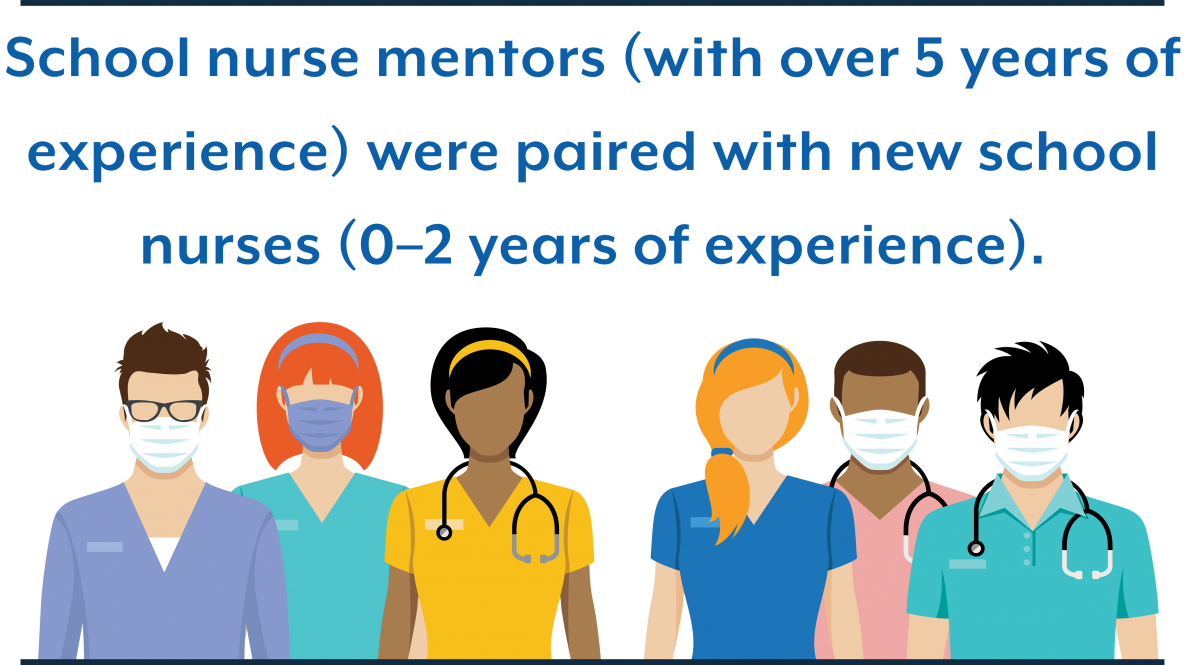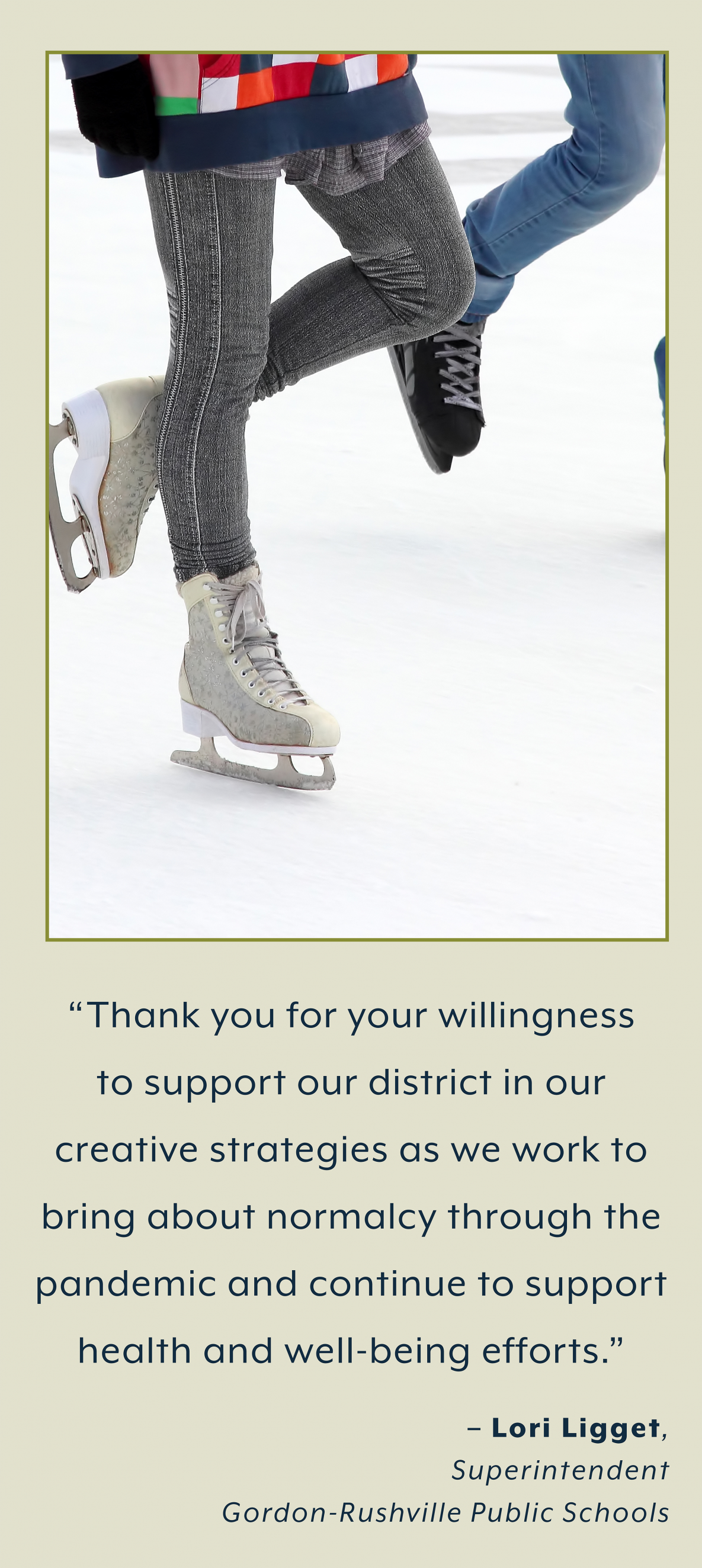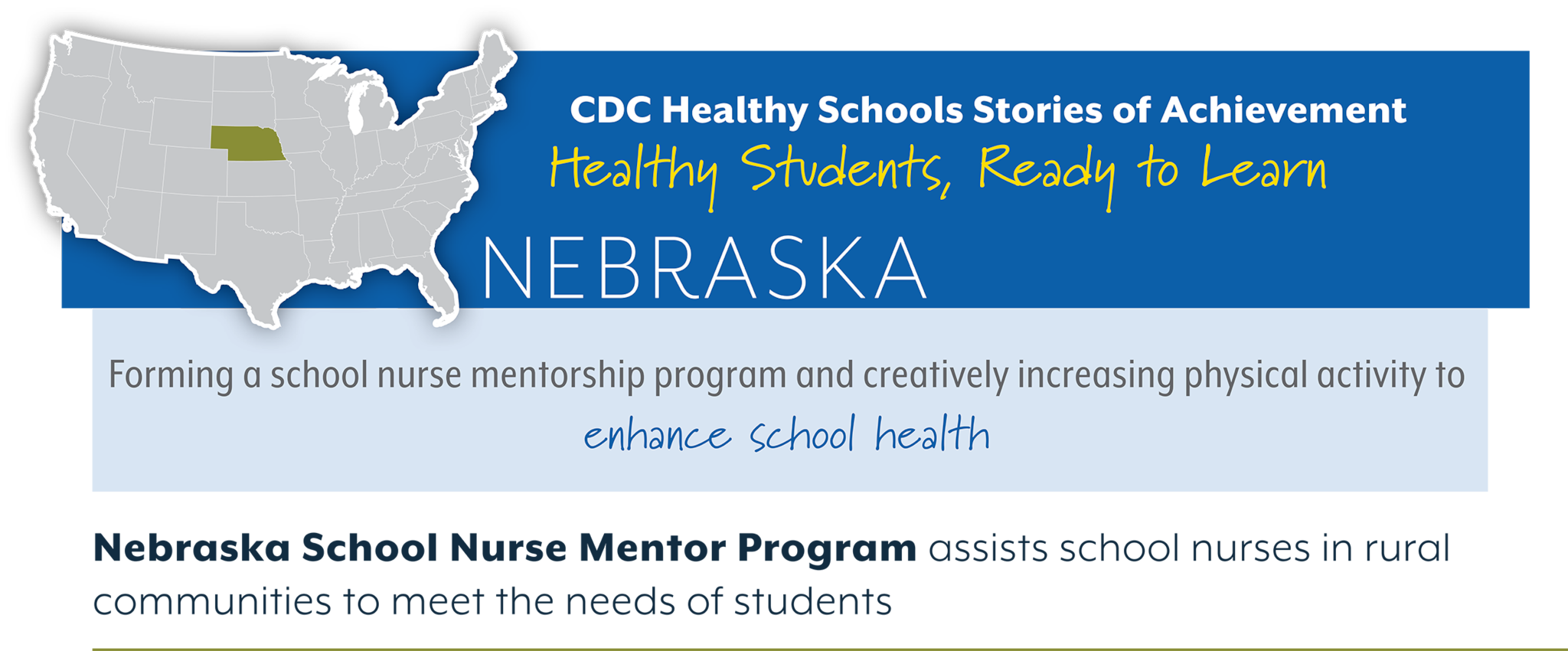Nebraska

In 2018, Children’s Hospital & Medical Center’s School Health Coordinator surveyed school nurses across Nebraska looking for successes, gaps, and areas for improvement to help them feel supported. One emerging theme was the need for mentors, especially for school nurses who work in rural communities where they are often the only nurse in the district. These nurses can feel overwhelmed without someone to guide and support them. As a result, Children’s, located in Omaha, created the Nebraska School Nurse Mentor Program for the 2020–2021 school year. The program paired school nurse mentors (with over 5 years of school nursing experience) with new school nurses (most of them with less than 2 years of experience). Children’s offered support through e-mail communication during the year and contacted each mentee separately to ensure their mentor was responsive and helpful.


One challenge encountered in the first year of the program was an imbalance between mentors and mentees (18 mentors, 33 mentees), resulting in some mentors having more than one mentee. Also, some mentees needed more support than just a once-a-month contact with their mentor. As a result, in the 2021–2022 school year, a Nurse Mentee Huddle was added on the first Tuesday of every month to allow new school nurses to meet each other virtually, form relationships, and have a safe space to talk about challenges, successes, and anything else they may be experiencing.


CDC’s Youth Risk Behavior Surveillance System found that the number of students in Nebraska meeting the national recommendation for 60 minutes of daily physical activity decreased from 16% to 10% in the past 6 years, highlighting a statewide trend in fewer girls participating in sports and stressing the increased need for structured physical education (PE) in the state’s schools. The emergence of the COVID-19 pandemic in early 2020 and the subsequent need for social distancing could have been a hindrance at Gordon-Rushville High School, but, for the 2020–2021 school year, school administrators and PE teachers got creative. With support from the community, parents, and partners, onsite PE space was developed into an ice-skating rink and ice skates were provided to students. Then they added an ice-skating unit to their PE curriculum for students in grades 9–12 to gain new ice-skating skills. While students had to be reminded to bring the proper winter clothing for outdoor ice skating, the new PE class was a success. Coupled with a new walking track and greenhouse at the high school, the ice-skating rink reflects the creativeness embodied in the core principals of the Whole School, Whole Community, Whole Child model. These enhancements to the curriculum gave the 171 students at Gordon- Rushville High School and other area schools the opportunity to enjoy a new physical activity at school and also with family and friends outside of school. The greenhouse provided students the opportunity to learn how to grow and eat healthy foods as well as fundraising opportunities from the sale of fresh flowers grown in the greenhouse. It was a complete recipe for success!
School administrators and teachers plan to use the ice-skating rink for more than just PE classes. They plan to offer events for community members to have fun being active and eating healthy snacks.

